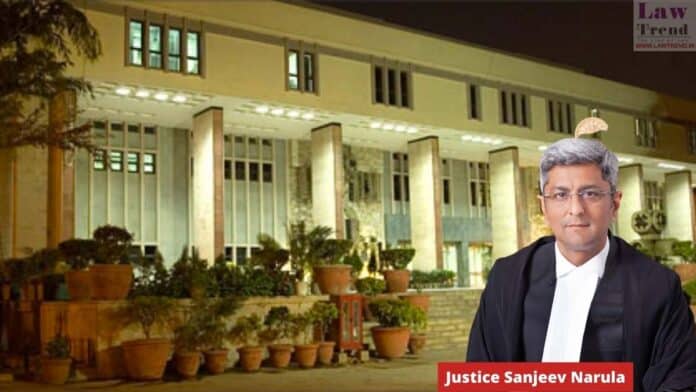In a landmark decision, the Delhi High Court has ruled that security clearance for Overseas Citizen of India (OCI) registration cannot be denied solely based on the criminal accusations against the applicant’s spouse. The judgment, delivered by Justice Sanjeev Narula, emphasizes the need for concrete evidence of direct involvement in criminal activities to deny such
To Read More Please Subscribe to VIP Membership for Unlimited Access to All the Articles, Download Available Copies of Judgments/Order, Acess to Central/State Bare Acts, Advertisement Free Content, Access to More than 4000 Legal Drafts( Readymade Editable Formats of Suits, Petitions, Writs, Legal Notices, Divorce Petitions, 138 Notices, Bail Applications etc.) in Hindi and English.




